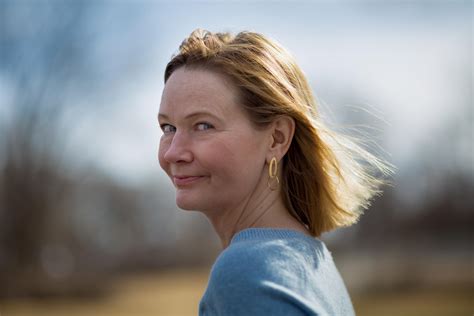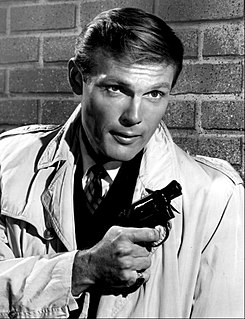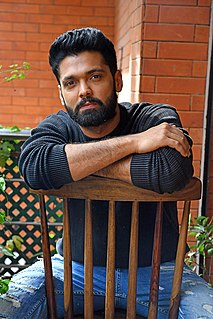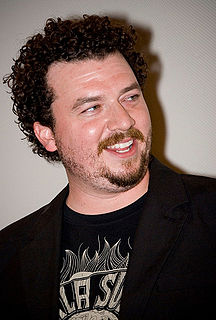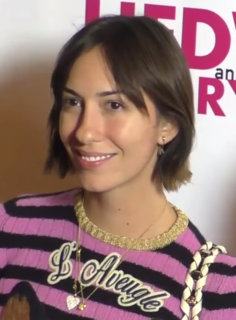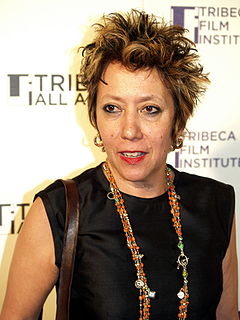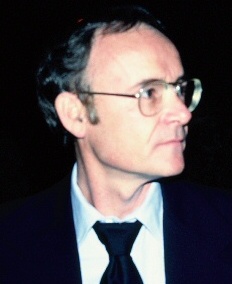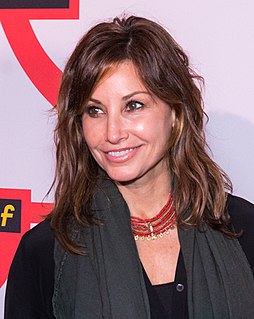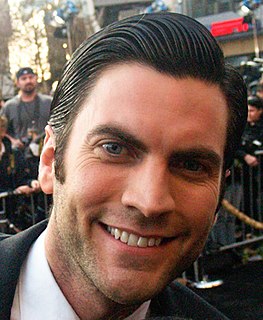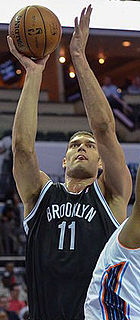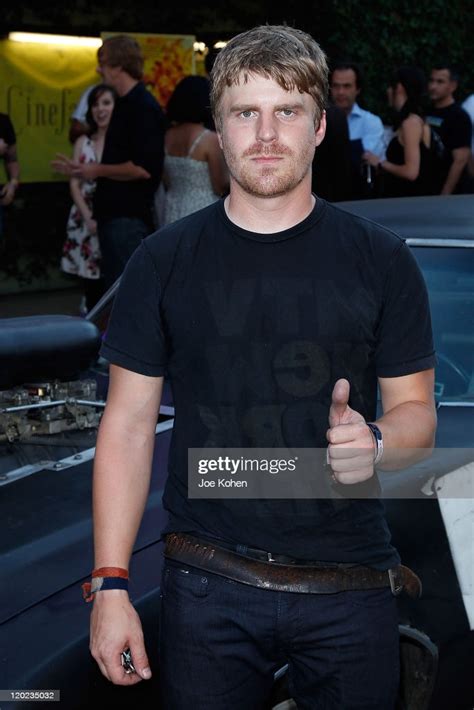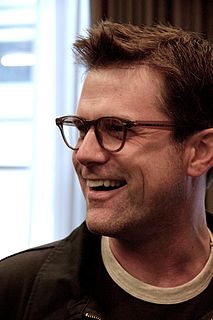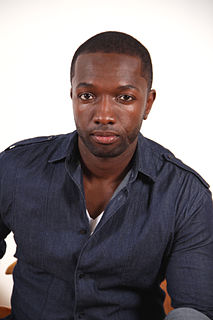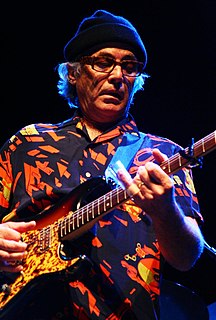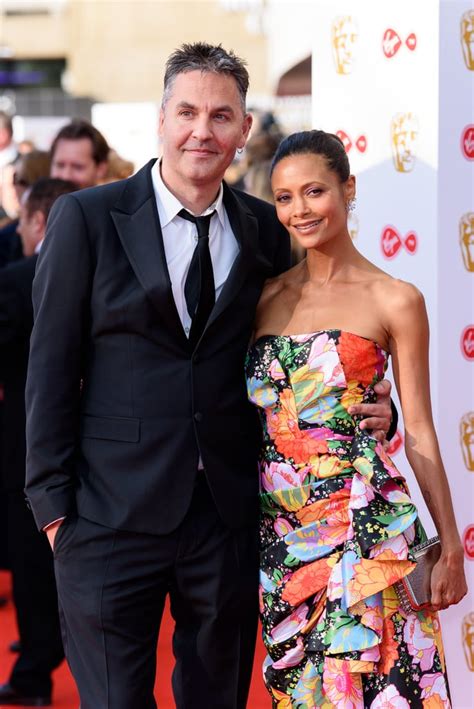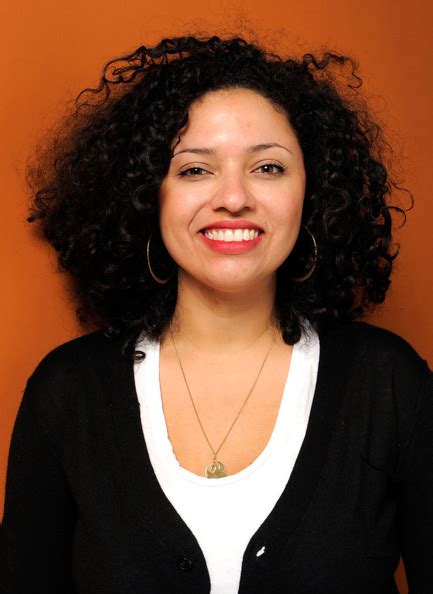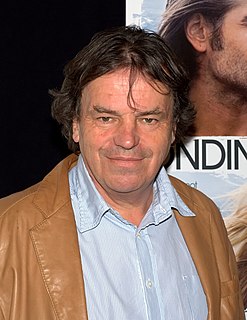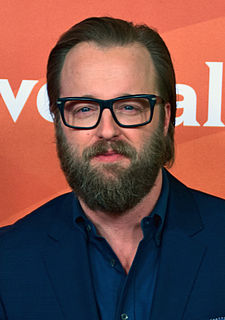Top 1200 Film Writing Quotes & Sayings - Page 2
Explore popular Film Writing quotes.
Last updated on December 18, 2024.
While I was writing the book, I went to see Louise Brooks's most famous film, Pandora's Box, at the Tivoli in Kansas City, and it was a lovely experience. You can watch old silent films on DVD or even on YouTube, but it was a different feeling watching her up on the big screen, seeing the film the way people saw it all those years ago.
I never intended to have a career as a journalist, writing about people who make movies. I did it as something that was really rewarding to do, given the opportunity to express myself about something I cared about, and also to learn a lot by watching filmmakers I admired. In a sense, it was my film school. After doing it for a few years, I decided that the time had come to get it together and do some work of my own. Even for a cheap movie, you need film stock and equipment and actors. Whereas to write, all you need is paper and an idea, so I felt that writing might be my stepping stone.
Album sales have collapsed, with few artists making money from albums; touring is more lucrative. But I'm 53 now and won't be able to tour forever, so a logical step is to get into writing film scores. Trouble is, you need to be somewhere which has a big film industry - another reason why I'm thinking about living in California.
Me and Kirby are very collaborative and it changes from film to film. The first project we worked on together, Derrida, we co-directed. The last film Outrage, I was the producer and he was the director. This film was much more of a collaboration - he is the director and I am the producer - but this is a film by both of us.
I went to film school so I have a writing and directing background, and I think a lot of the material I'm interested in writing and getting out there is stories about anti-heroes and people you should just not ordinarily root for - trying to figure out a way of appealing to people they wouldn't normally appeal to.
The challenge in writing the songs for The Aristocats truly fell on the animators & director of the film. Robert & I wrote the initial songs for the film, just prior to leaving full-time employment at the Walt Disney Studios. Therefore, some of the songs we wrote for The Aristocats were never used. I believe, therefore, the challenge fell upon the makers of the film to select what songs made the final cut.
I love acting in the theater,but I'm fascinated with acting on film. If it's a film or a play or whatever, if the writing is good and you really feel passionate about it, you just can't lose. You'll grow from it. Whether it's a success or not is neither here nor there; you're going to grow as an artist from this experience.
Before writing a single note of music, and even before the spotting session, I find it best to sit down with the director and just listen to him or her talk about the film - what they're trying to say, what they want the audience to understand or believe, and a thousand other similar questions. The director has most likely been living with the film for years before a composer is attached, and so the director's inclinations, desires, and understanding of the film are paramount.
When you're writing for a game - even if you're using very well known characters like Batman and his villains who lend themselves to many different interpretations - you have to keep in mind that you're writing for a different medium. Things are a bit more straightforward than it is for a feature film or a TV show.
As far as the creative side, the more I do this, the more I know that it's all about the writing. We don't always celebrate that enough, but without the writing, you can't do much. You got on a film sometimes, and it's sort of half-written, and they expect and think that the actor's job is to bring the extra part and the good part. It's not.
I thought of the scene while writing scenes with Rebecca [Hall] and wrote it like an opening montage of showing where someone works. If you see a film about a car mechanic, you'd show the place they work and what they do. So, that's what I set out to do with Rebecca's character. I thought it probably wouldn't even make it into film but I ended up liking it.
From the writing stage, I had envisioned a film that would be bright and light, even if the movie addresses adolescent unrest and self-destructive behavior. Talking about adolescence, I wanted to make a very musical film that was also a love story with a sensorial, sensual dimension and which had a strong emotional impact.
Until film is just as easily accessible as a pen or pencil, then it's not completely an art form. In painting, you can just pick up a piece of chalk, a stick, or whatever. In sculpture, you can get a rock. Writing, you just need a pencil and paper. Film has been a very elitist medium. It costs so much money.
Because the writer must be a participant in the scene, while he's writing it — or at least taping it, or even sketching it. Or all three. Probably the closest analogy to the ideal would be a film director/producer who writes his own scripts, does his own camera work and somehow manages to film himself in action, as the protagonist or at least a main character.
Plays are literature: the word, the idea. Film is much more like the form in which we dream - in action and images (Television is furniture). I think a great play can only be a play. It fits the stage better than it fits the screen. Some stories insist on being film, can't be contained on stage. In the end, all writing serves to answer the same question: Why are we alive? And the form the question takes - play, film, novel - is dictated, I suppose, by whether its story is driven by character or place.
What's nice about writing and making films is that being able to see a film from the outside - from the inception through production and then completion - just informs what you're doing when you're an actor. And when you're an actor, it informs the decisions you make when you're making a film. It's using two different sides of your personality.
The structure and formula are now so well-known that it's become very hard for the film-maker not to commit the cardinal sin: letting the audience get ahead of the film. So it takes some real sparkle - of which I thought 'Man Up' had plenty, especially in the writing - to keep the viewer enjoying a by-now predictable journey.
There hadn't been one done since the late 70s. I was living in Brooklyn, had no connection to Roger Corman, to no one in this movie. I didn't go to film school. I'm like the person who should have never made this film. But I just decided to put one foot in front of the other. I was writing film articles for magazines at the time. I convinced an editor from one of the magazines that I was working for to give me a shot to do a piece on Roger. This was an excuse to go meet him.
